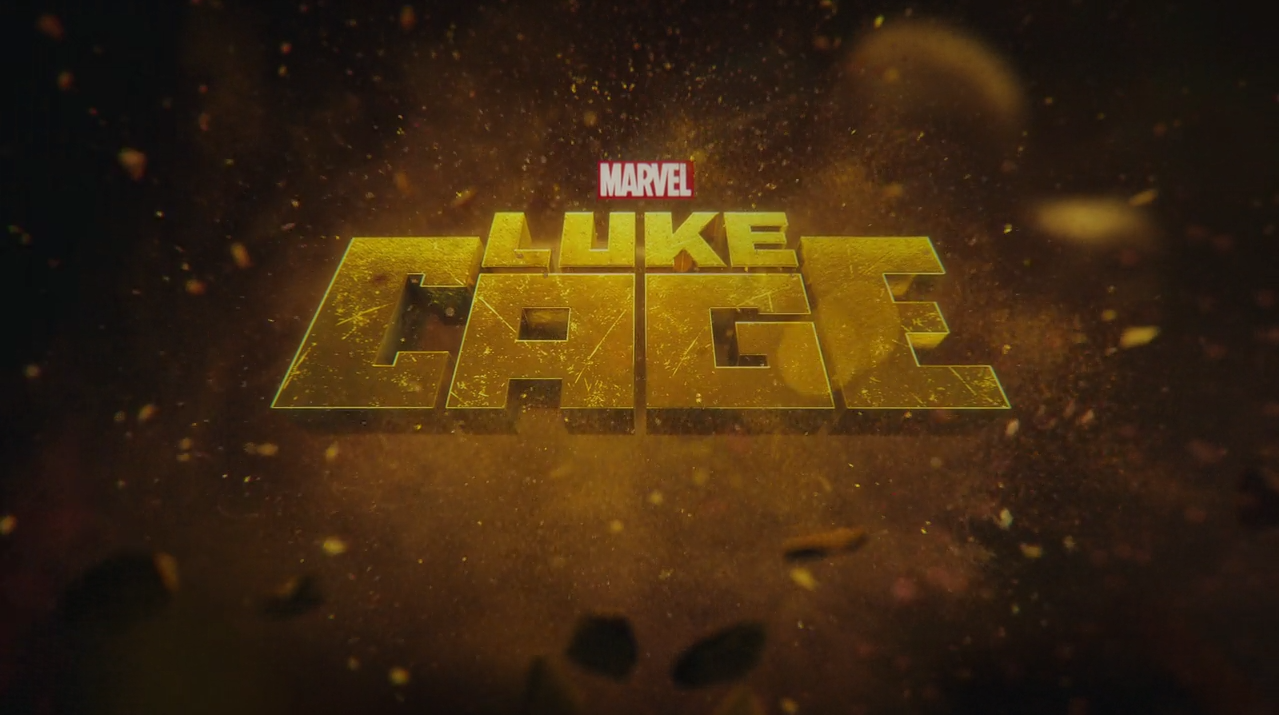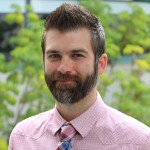
+ TV and Theology is a FULLER studio audio series that constructs a theology of television to help viewers more fully engage with the power and meaning of TV. For the first season, Kutter Callaway, assistant professor of theology and culture, explores the Netflix Marvel series Luke Cage with filmmaker and Fuller alum Avril Speaks. Disclaimer: The views and opinions expressed in the TV and Theology audio series are those of the speakers and do not necessarily reflect the official positions of Fuller Theological Seminary. These conversations contain spoilers. Listen to the whole series here.

“One of the challenges for evangelical Christians is that we’re not very good at being conversationalists. We tend to speak before we listen, and when we do that, we’re not actually hearing what the culture is saying. If theology and the Christian faith is going to be intelligible or make sense to anyone in the modern world, it really has to come from a place of being conversant with culture.”
+ Kutter Callaway, assistant professor of theology and culture, from Watching TV Religiously: Television and Theology in Dialogue. Learn more as Kutter and screenwriter Dean Batali discuss televisual theology in a series of podcasts.

“Stories give us the unique ability to step outside of our own lives and enter some other world. A story can cause us to ask certain questions, to think about things in different ways, and bring us back to reality where we can think about what it may mean in our own personal lives. When we tell stories, we pick people up and expose them to worlds and ideas they haven’t experienced.”
+ Avril Speaks, filmmaker and Fuller alum, is the special guest of the first season of TV and Theology.
 + We’re happy to share with you a selection from Kutter Callaway and Dean Batali’s book Watching TV Religiously: Television and Theology in Dialogue. Click here for a free download of the first chapter.
+ We’re happy to share with you a selection from Kutter Callaway and Dean Batali’s book Watching TV Religiously: Television and Theology in Dialogue. Click here for a free download of the first chapter.
“Since TV will remain a mixture of good and evil until the end of time, the righteous must dig in for a long struggle. . . . Therefore, in all TV interests, one must cultivate a wholesome tension. An optimism about the righteousness of the cause ought always to be tempered with a pessimism of redeeming history through such a means. Any state other than inner frustration may lead to either left or right wing extremes. These are critical times.”
+ Edward Carnell, Fuller’s second president (1954–1959), in his book Television: Servant or Master?, a reflection on engaging media—written long before the Internet—that continues to reflect Fuller’s approach to culture today.
The post TV and Theology appeared first on Fuller Studio.